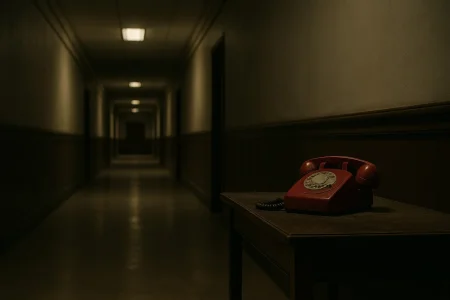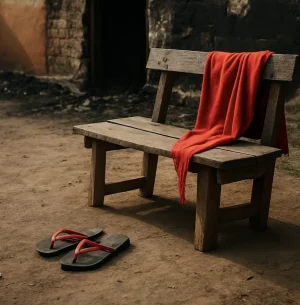
Silence of Status resurfaced when Primate Elijah Ayodele, spiritual head of INRI Evangelical Church, claimed he had placed over 130 calls to National Security Adviser Nuhu Ribadu, warning of the June massacre in Benue. He sent texts, letters, and even enlisted a military general. His message: God had revealed an imminent attack. The state never responded. Now, after over 100 villagers lie dead, Ayodele’s warning is public—but critics are asking: why did it take this long to speak?
- Ayodele claims he called and messaged Ribadu more than 130 times before the Yelewata killings.
- He said a military general also delivered the warning on his behalf.
- The government took no action before the attack occurred.
- Others now note that Ayodele, like many elites, was silent when villagers had been warning for years.
Silence of Status is the echo chamber of power: people with platforms delay their cries until it’s their status on the line. But when only high-ranking warnings are heard and even those go unanswered, it reveals a system where listening is ranked, and protection arrives by privilege. Sometimes, it comes too late for everyone.
When silence of status delays the alarm, how many cries from the ground go unheard?




